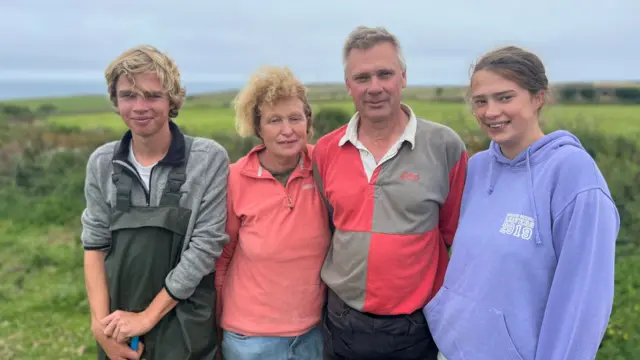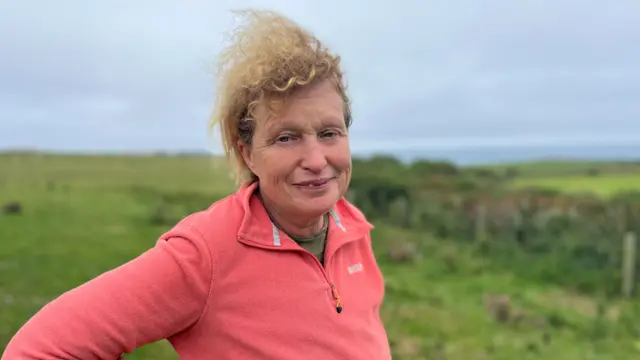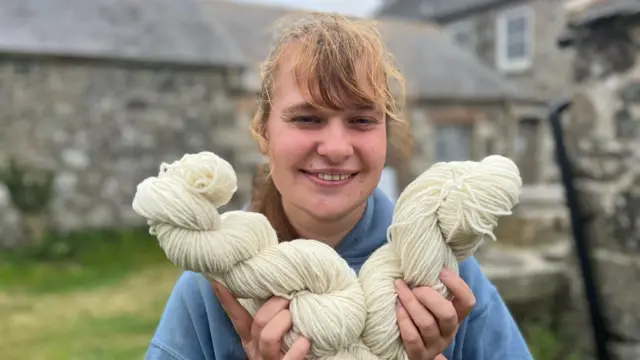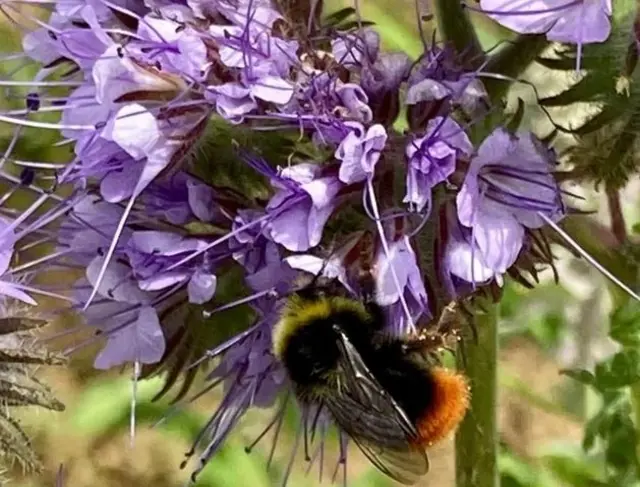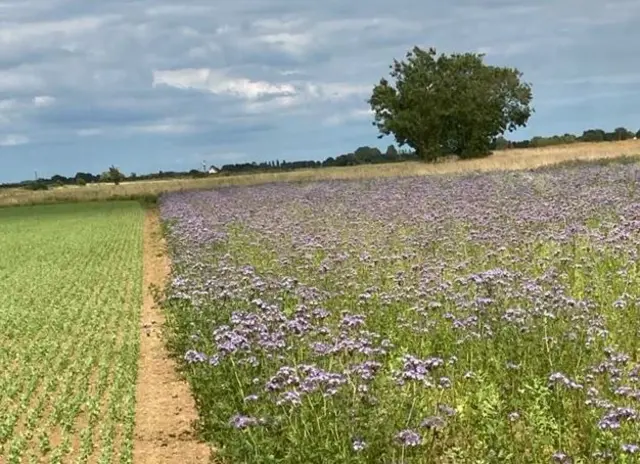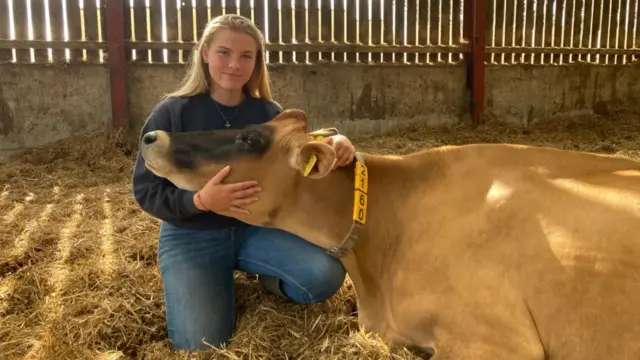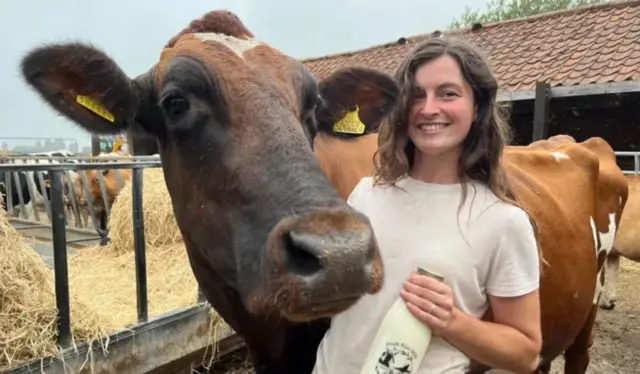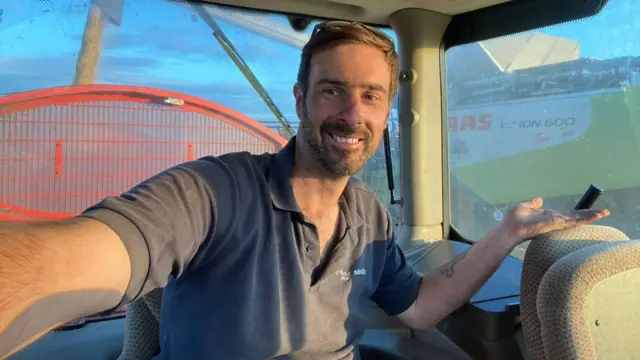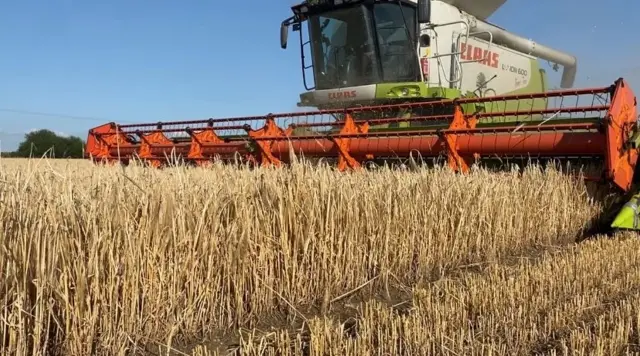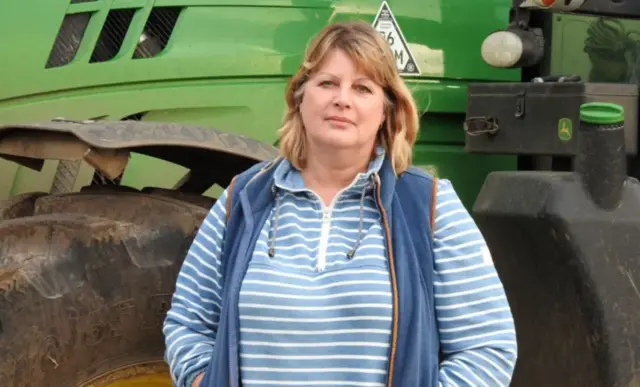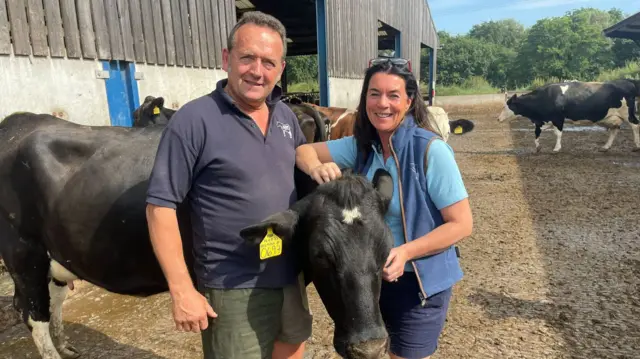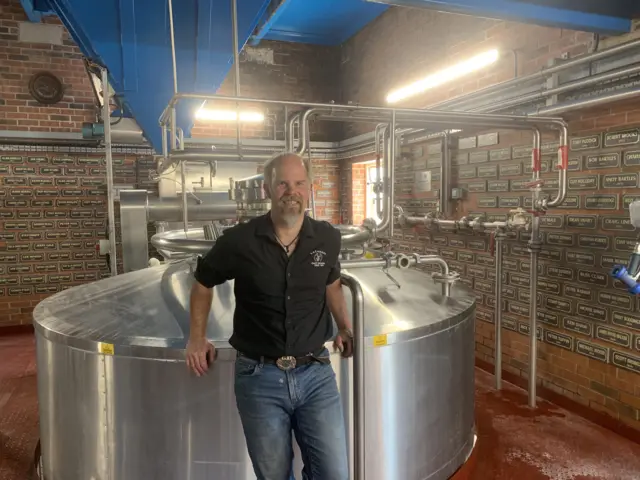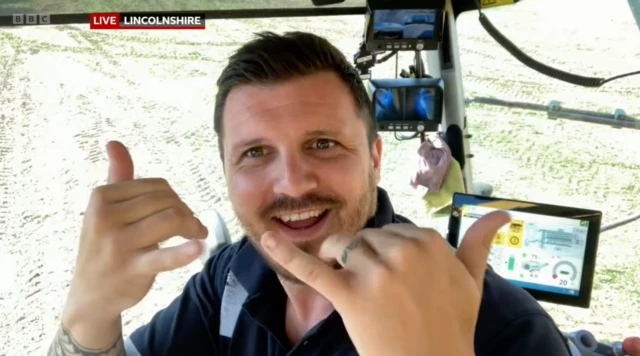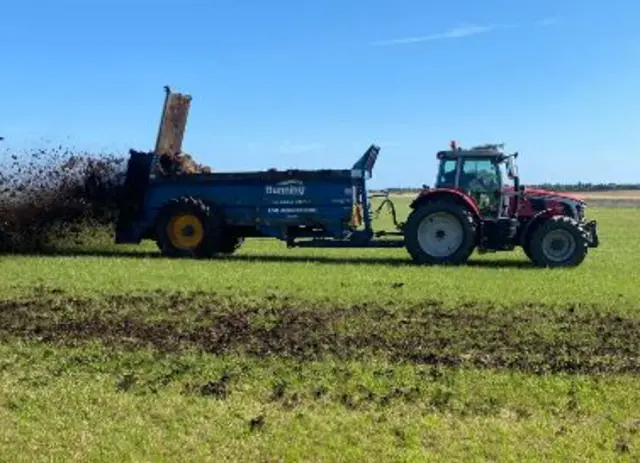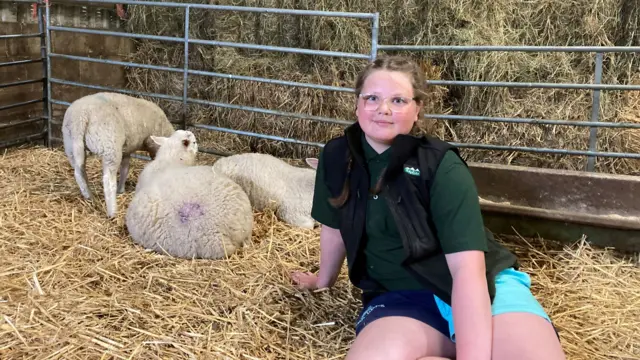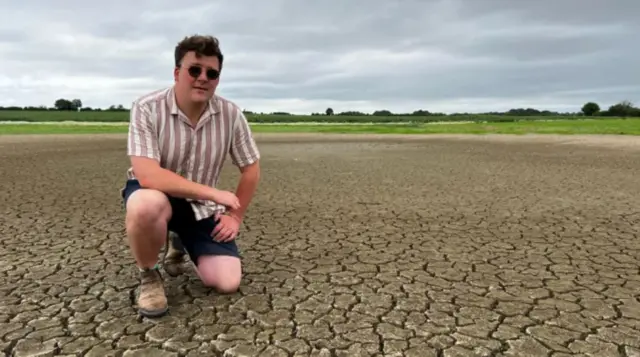Learning where food comes frompublished at 15:48 BST 8 August 2024
There's a growing focus on helping children to understand where food comes from.
Gloucestershire farmer Clifford Freeman says there is a disconnect these days because the practice of flying food into the UK from all over the world means what were once seasonal items are available all year round.
He welcomes visits to his farm in Redmarley from school children and young scouts to show them the whole process.

"We like to bring them into the yard and see where the cattle are, then we take them into the butchery where we’ve got the meat hanging so they can see the other side of it," he says.
"We do a bit of mincing and they all they make their own burger in the kitchen. Then we cook them and they eat their burger, so they understand the process and that meat doesn’t necessarily come out of a plastic package."

